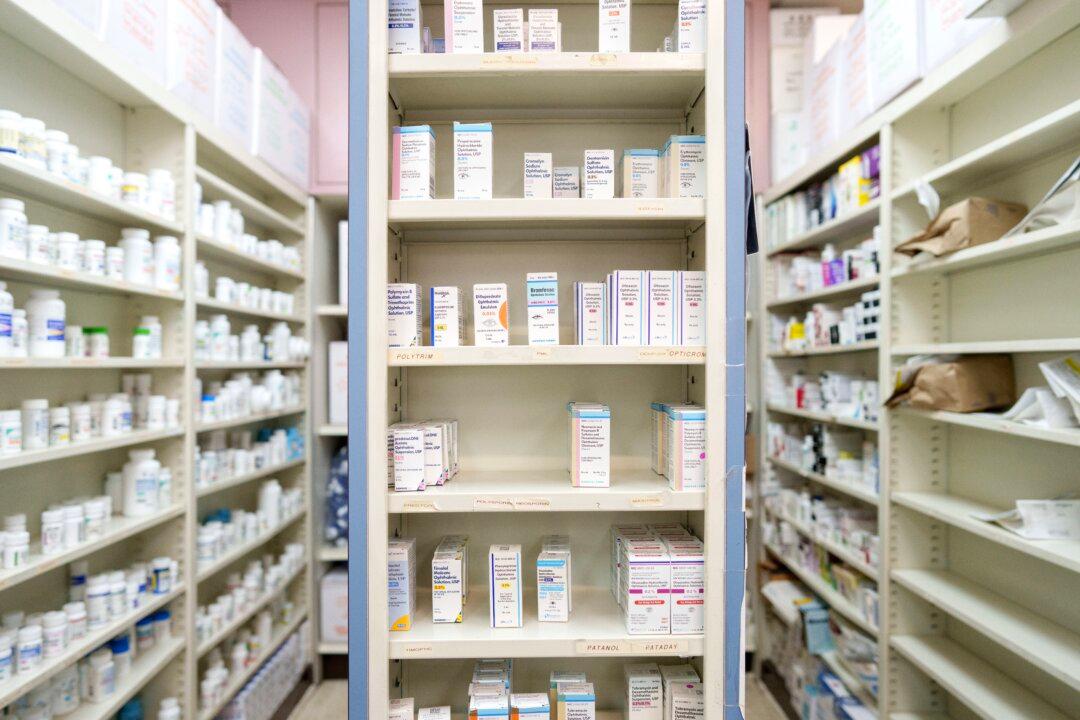The Federal Trade Commission on May 21 escalated its efforts to lower prescription drug costs, renewing challenges to more than 200 patents it says were improperly listed to prevent generic versions of brand-name drugs from reaching the market.
The FTC sent warning letters to seven pharmaceutical companies: Novartis, Amphastar Pharmaceuticals, Mylan Specialty, Covis Pharma, and three Teva entities.





